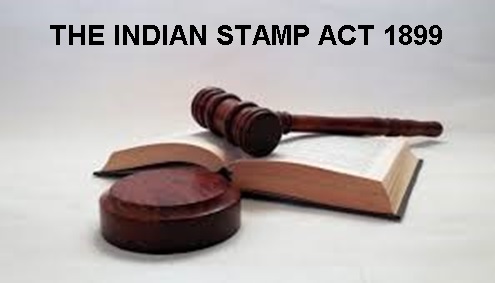Small and Medium Enterprises (SME) make up nearly 90% of the business globally and employs nearly 60% of the total work force. While the SME sector has shown development and growth, inefficiency due to lack of professional management and governance issues has plagued their growth. The source for capital for SME traditionally is from its promoters. External access to capital can be said to be effectively non-existent. However, now the scenario has changed with SEBI having enabled listing of equity shares of SMEs on the SME Exchange at both the BSE and NSE.
What is SME Exchange
SME Exchange means a trading platform of a recognised stock exchange having nation-wide trading terminals, authorised by SEBI, to list specified securities issued in accordance with SEBI (Issue of Capital and Disclosure Requirements) Regulations, 2018 and includes a stock exchange specifically granted permission for this purpose but does not include main board of an exchange. SME Exchange provides great opportunity for entrepreneurs to raise capital to fuel growth. SME Exchange provides immense opportunities for investors to invest in good companies which would otherwise remain undiscovered but for SME Exchange. It greatly helps in such companies unleash their valuation and greater access to markets, investors and growth.
Impact on SME upon Listing on SME Exchange
- Listing helps to improve access to external capital resulting in divergence of investor base, results in business expansion and an unending source for long-term working capital. This directly results in reduction of debt burden, improves credit rating and reduces finance costs.
- Listing helps in automatic independent valuation of business thereby attracting PE / VC to SME, since listing guarantees easy exit.
- Listing helps in enhanced market perception which can lead to more opportunities to raise funds which in turn can fuel faster growth. It also increases visibility of the business thereby boosting market reach.
- Listing enables SME companies granting performance-based ESOP to their employees which can act as a great incentive.
- Listing can enhance greater transparency to business, disclosure of financial and other information which can improve governance and public trust.
SME Listing- PREREQUISITES
- SME Issuer should have a business track record of 3 years
- SME Issuer with post issue face value capital up to Rs. 10 Cr. shall be covered under the SME Platform.
- SME Issuer with post issue face value capital Rs. 10 Cr. To 25 Cr. may get listed at SME Platform or on the Main Board
- Post issue face value capital above Rs. 25 Cr. has to be necessarily listed at Main Board of the Exchanges.
- Minimum number of shareholders is 50.
- The minimum application amount as well as minimum trading lot shall not be less than Rs.1 Lakh
- All existing Trading Members are eligible to participate in SME exchange without any further registration.
- 100% underwritten issues and Merchant Banker/s shall underwrite 15% in their own account.
- The Merchant Banker to the issue should undertake market making through a stockbroker who is registered as market maker with SME Exchange. He is responsible for market making for a minimum period of 3 years.
- There should be no winding up petition against the company, which has been admitted by the court or a liquidator has not been appointed.
- “The Company should not be referred to the NCLT for liquidation
BSE / NSE Criteria for SME Listing
| Criteria | BSE Requirements | NSE Requirements |
| Incorporation | Companies Act 2013 or 1956 Act | Companies Act 2013 or 1956 Act |
| Post-Issue Paid up Capital (Face Value) | Minimum – Rs. 3 crore Maximum – Rs. 25 crore | Minimum – Rs. 3 crore Maximum – Rs. 25 crore |
| Net Worth | At least Rs. 1 crore for 2 preceding full financial years. | No Requirement – (Operating profit 2 out of 3 years) |
| Net Tangible Asset | Rs 3 crores in last preceding (full) financial year. | No Requirement |
| Other Listing Conditions | Website, Demat trading, shall not have been referred to BIFR and shall not have a winding up petition. The application of the applicant company should not have been rejected by the Exchange in last 6 complete months. | Shall not have been referred to BIFR and shall not have a winding up petition and no disciplinary action faced for 3 years. The application of the applicant company should not have been rejected by the Exchange in last 6 complete months. |
Market Making
Market making is a process by which continuous buying and selling of shares is done by accredited market makers with predetermined margins. This process enables creating of market and thereby enhancing liquidity for SME shares in the market. Market making has been made mandatory in respect of all scrips listed and traded on SME Exchange. The Market Maker is obligated to provide bid ask quotes and the associated quantities as per the guidelines for each of the securities for which he is authorized by the stock exchange. The Market Maker would have to be present for 75% of the time in a day and offer two-way quotes for his set of securities.
Unlimited Growth
As per a report in Business Line, Initial Public Offerings (IPOs) in the SME exchanges have been raining during financial year 2023-24, with 28 companies raising ₹954 crore in March alone. In fact, the funds mopped up by SMEs have more than doubled to the highest ever in this fiscal year to ₹6,300 crore as against ₹2,235 crore logged in financial year 2022-23.






